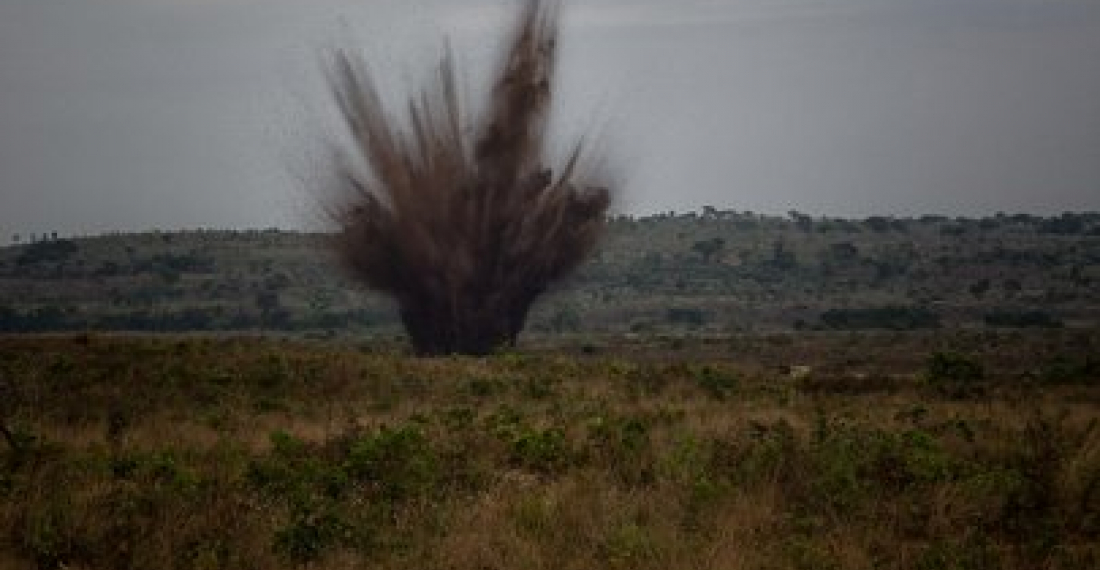Thursday, 4 April is International mine Awareness Day. In 2005, the General Assembly of the United Nations declared that 4 April of each year shall be observed as the International Day for Mine Awareness and Assistance in Mine Action. In a message on the occasion UN Secretary General, Antonio Guterres said ""On this International Day for Mine Awareness, let us reaffirm our commitment to eradicating the horrendous damage caused by landmines and assisting those who have been harmed by their use."
This year, for the first time, International Mine Awareness day on the 4th of April is going to be marked in the South Caucasus with a region-wide awareness campaign under the slogan "Landmine free South Caucasus". The campaign which will run from 4-10 April will see events held in a number of cities and districts of the region, and will feature information material in Armenian, Azerbaijani, Georgian, Russian and English.
A number of national and international organisations are participating in the campaign "Landmine Free South Caucasus". The campaign initiative is supported by the European Union. Co-ordination of the campaign across the South Caucasus is done by LINKS (DAR) (www.links-dar.org), working with local and international partners.
Between 4-10 April 2019 the "LANDMINE FREE SOUTH CAUCASUS" campaign will encourage governments, opinion formers and citizens throughout the region to intensify their efforts to clean the South Caucasus from the scourge of landmines and unexploded ordinance. The campaign will take the message of the risks associated with landmines to children, young people and other vulnerable groups, especially those living in areas still infected. On the other hand, the campaign will also celebrate the good work that has been done, and is still being done, by hundreds of dedicated professionals throughout the region, who on a daily basis risk their lives to clear landmines and other unexploded ordinance in order to make the South Caucasus safe for this and future generations.
source: commonspace.eu







